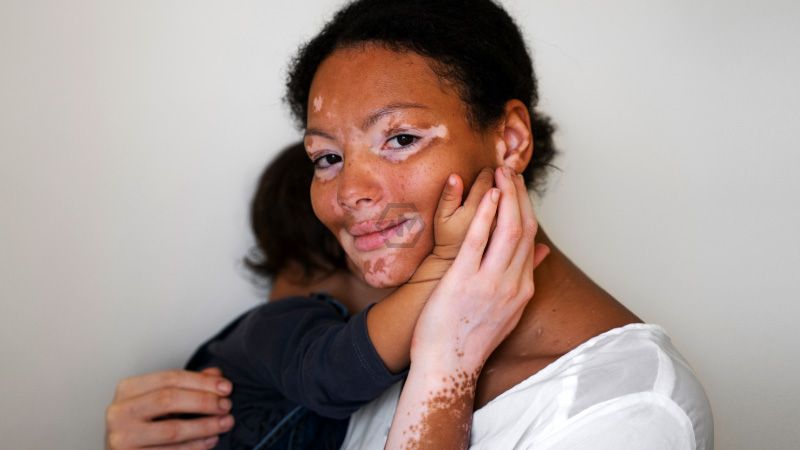- Zeke Hausfather issues a warning, saying that this year may surpass 2023 in temperature.
- Dermatologists are warning the public to use greater caution when exposed to the sun.
- The best protection is still to wear bathing suits and protective clothes that cover the body’s most susceptible parts.
Thanks to both natural El Niño weather events and human-caused climate change, 2023 has been officially declared the warmest year on record. Zeke Hausfather, a climate scientist, issues a warning, saying that this year may surpass 2023 in temperature as part of the record ocean surface heat seeps into the atmosphere.
Dermatologists are warning the public to use greater caution when exposed to the sun as February 1, 2024, marks the start of South Africa’s warmest month. They are also concerned about the high incidence of melanoma in the nation.
Skin Cancer
Dermatologist Dr. Jeremy O’Kennedy of Morningside Mediclinic in Sandton has cautioned that sun exposure directly increases the risk of developing melanoma, one of the most serious types of skin cancer. He believes that individuals with darker skin tones shouldn’t be led into a state of complacency because many of them believe they have inherent protection from the sun and are unwilling to undergo yearly baseline screening.
Melanoma symptoms include changes to an existing mole’s appearance as well as the emergence of pigmented or strange-looking growths or spots on the skin.
The ABCDE rule—asymmetrical (equal appearance of moles or growth), border (irregular margins), color (varying color), diameter (more than 6 mm), and evolving (changing in size, shape, or color)—should be used to identify these symptoms. See a doctor or dermatologist right once if you observe any changes in the look of an existing mole or any abnormal, developing marks on your skin.
Dr. O’Kennedy emphasizes the significance of using sunscreen every day, particularly on exposed body parts, even if you do not spend a lot of time in the sun. Additionally, he recommends avoiding the sun entirely between 10:00 and 14:00 to minimize solar exposure.
Reapply sunscreen every two hours or right away after swimming, being careful to cover the face, neck, hands, and ears. The best protection is still to wear bathing suits and protective clothes that cover the body’s most susceptible parts.



